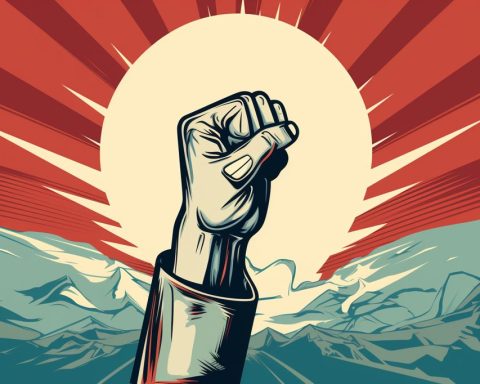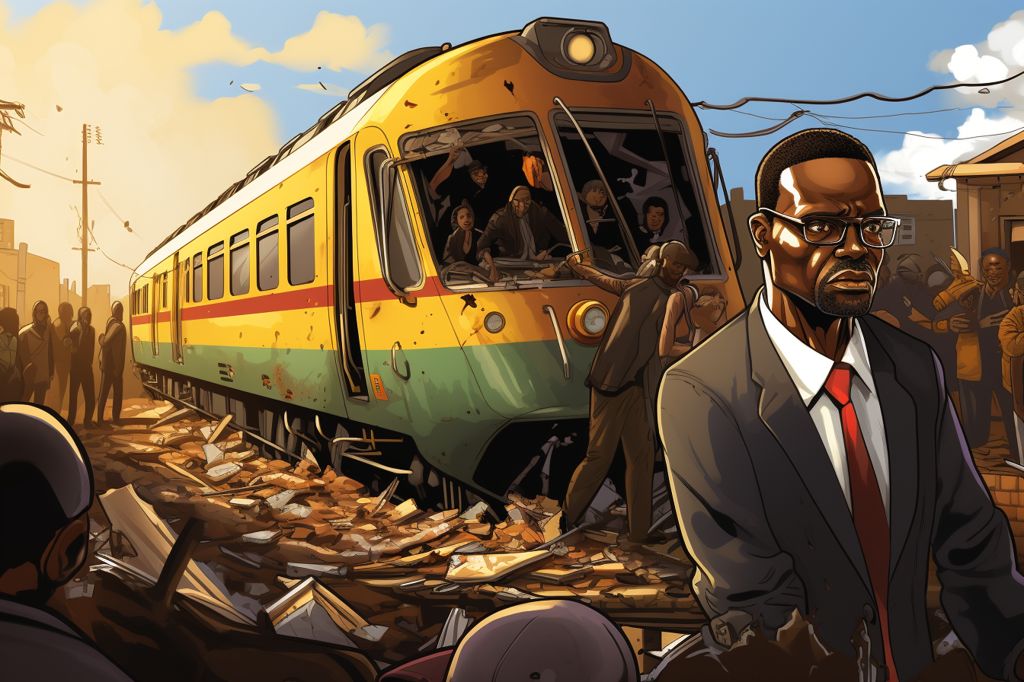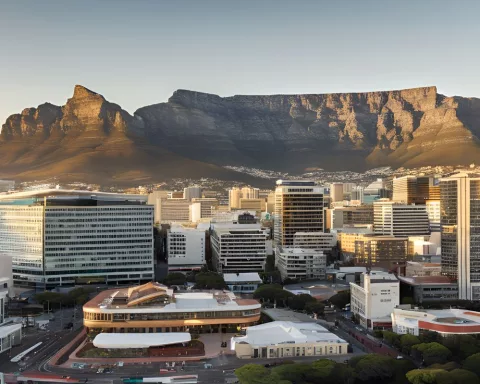South Africa has long struggled with racial inequalities stemming from the apartheid era. In an effort to address this issue, a recent race quota law has been introduced. However, this law has sparked controversy, with critics concerned about potential job losses.
The Law’s Requirements
The race quota law mandates that companies with over 50 employees submit equity plans that reflect the demographic makeup of their region. These plans must outline how the company plans to increase diversity in its workforce. Additionally, the labor minister has the authority to set numerical targets for specific economic sectors.
Concerns and Criticisms
Critics of the law argue that it could lead to qualified workers losing their jobs if their racial background does not align with their employer’s demographics. The Democratic Alliance (DA) party has voiced concerns over potential job losses, with party leader John Steenhuisen warning that up to 600,000 people may lose their jobs.
The DA has taken legal action to challenge parts of the law, claiming that it violates South Africa’s constitutional principle of non-racialism. They have also called for mass protests in Cape Town.
Supporters of the Law
Despite these concerns, the government insists that the law will not result in unemployment. Labour Minister Thulas Nxesi reassures that “it does not mean that white people are going to be removed in order to create space for the disadvantaged groups.” Legal firm Baker McKenzie supports the goal of fostering diversity, stating that “equal representation in the workforce is seen as a positive by investors” and has “proven to be good business practice.”
The Congress of South African Trade Unions (COSATU), the country’s largest trade union, also defends the law, arguing that the controversy surrounding it is overblown. They claim that the law is a rational step towards addressing racial disparities in the job market.
The Job Market in South Africa
The severity of the issue is underscored by the unemployment rate in South Africa. In the first quarter of 2023, nearly 50% of South Africans were unemployed, with a mere 9.5% unemployment rate among whites. The entrenched racial disparities in the job market make it clear that reform is necessary.
As South Africa approaches national elections next year, the debate over the race quota law’s impact will undoubtedly continue. The outcome of the elections may determine whether the law is seen as a progressive move towards a more equitable society or an overreach that undermines job security for many South Africans.












